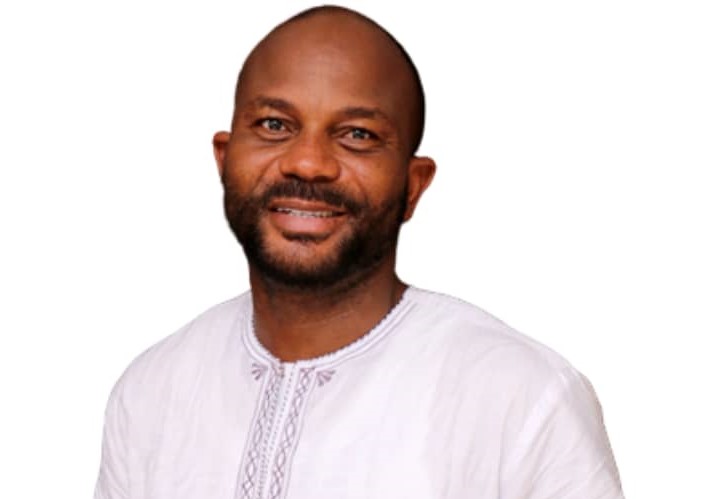Educationist, Nii Armah Addy, is advocating for the continuation of norm-referenced assessments like the BECE, despite concerns they may limit the full implementation of the Standards-based Curriculum.
Speaking on Campus Exclusive on Radio Univers, Nii Armah Addy expressed his views on how the norm-referenced assessment, like the BECE, limits the full implementation of the standards-based curriculum in Ghana’s basic education.
“The standards-based curriculum is a little confusing,” he said. “If you look back at our educational history, there was a common entrance, then the WASSCE (West African Senior Secondary Exams). If you are using a nationally based examination, it means you are moving from the national corporation we have with standardisation of our education in the sub-regional. Be it as it may, any examination that exempts continuous learning is very problematic if you ask me.”
Mr Armah also recommended some specific changes to transition the BECE from its current objective-based format to one that aligns with criterion-referenced objectives.
“I recommend ample monitoring and evaluation to ensure that the continuous assessment is not a free mark for all. I once heard a teacher complain that the teacher-to-student ratio is too high, which does not align with the salaries given. We have to come around the table and think deeply, strategically about ensuring that continuous assessment becomes the tool for quality education,” he noted.
Nii Armah Addy also emphasised how Ghana can ensure equity and fairness in student placement into senior high schools if BECE is restructured or phased out completely.
According to him, “The thinking must be continuous. The coming into force of the Free SHS shows that the minimum education any Ghanaian should have is a secondary school education. A careful educational guidance and counselling, a careful continuous assessment, and a careful selection process would ensure that student education becomes a meaningful reality. Proper attention must be given to preschool education, as it forms the critical foundation. A strong preschool experience helps children transition smoothly into basic education and, ultimately, into secondary school.”
As Ghana continues its journey toward transforming education, experts say there must be an in-depth discussion of the reform.
–
Story by JisLord Naaa Ablorh |univers.ug.edu.gh
Edited by Sika Togoh





